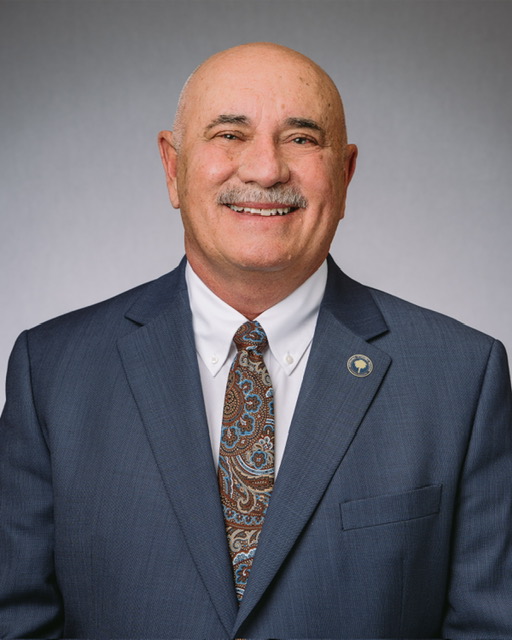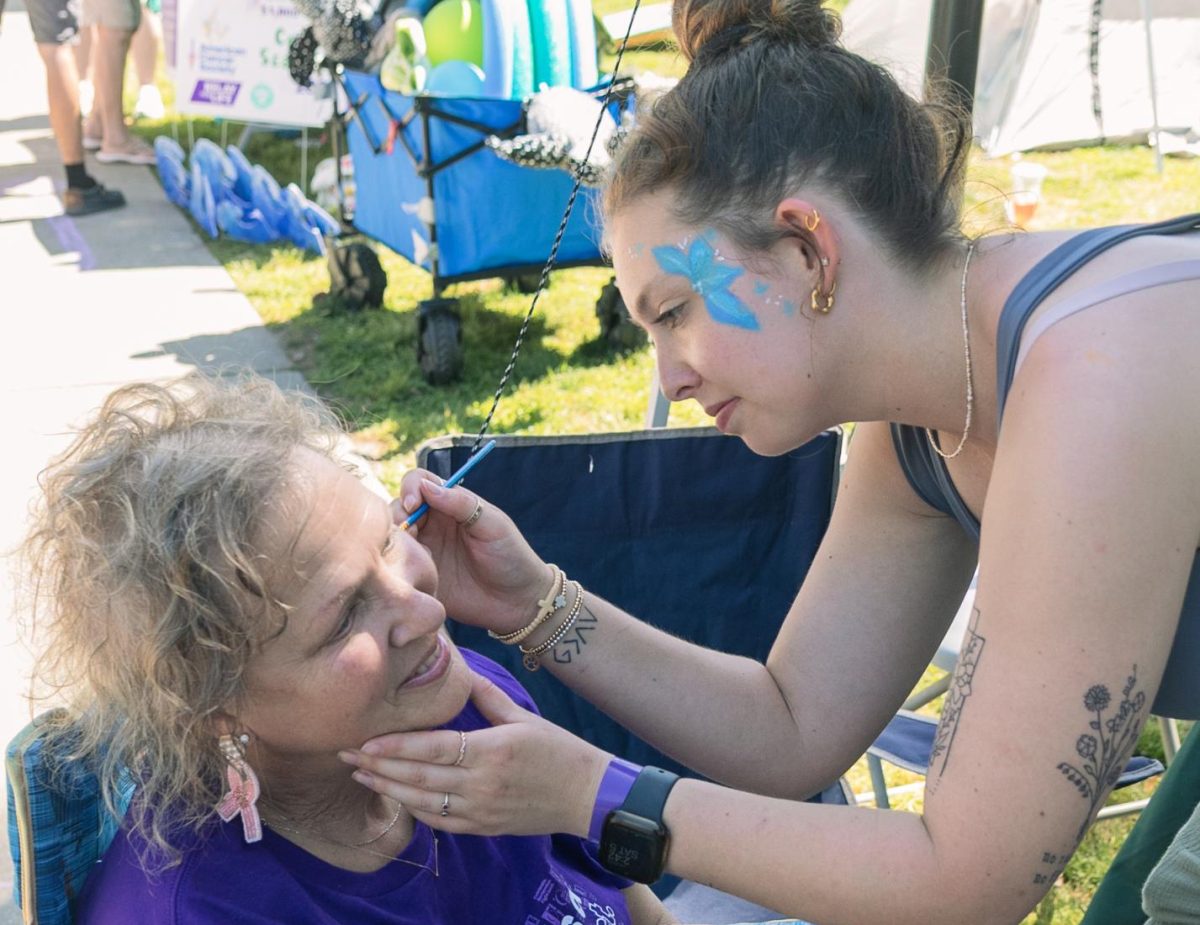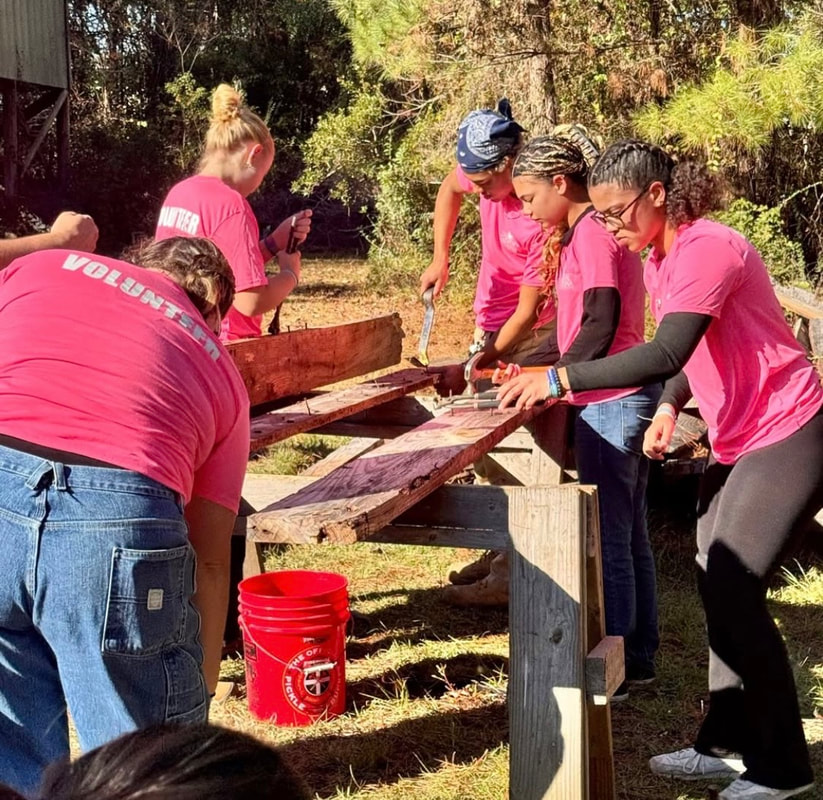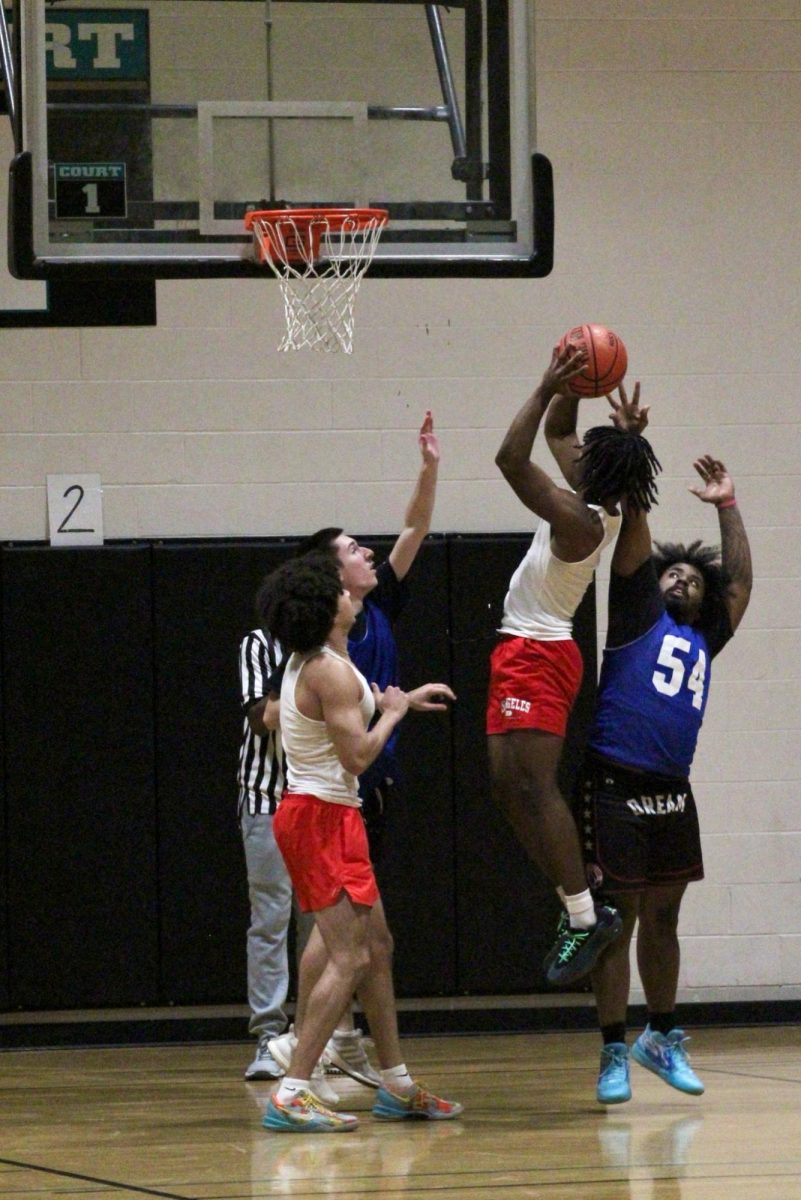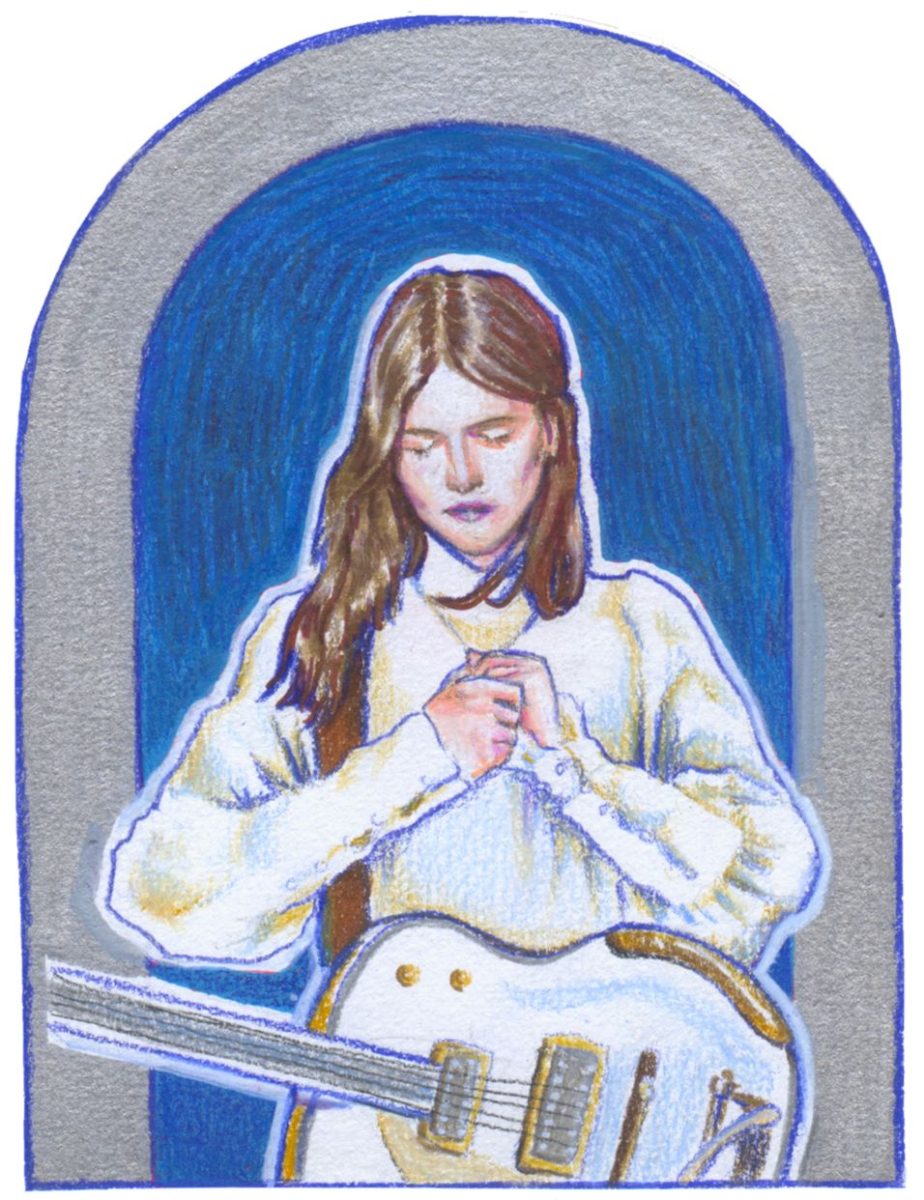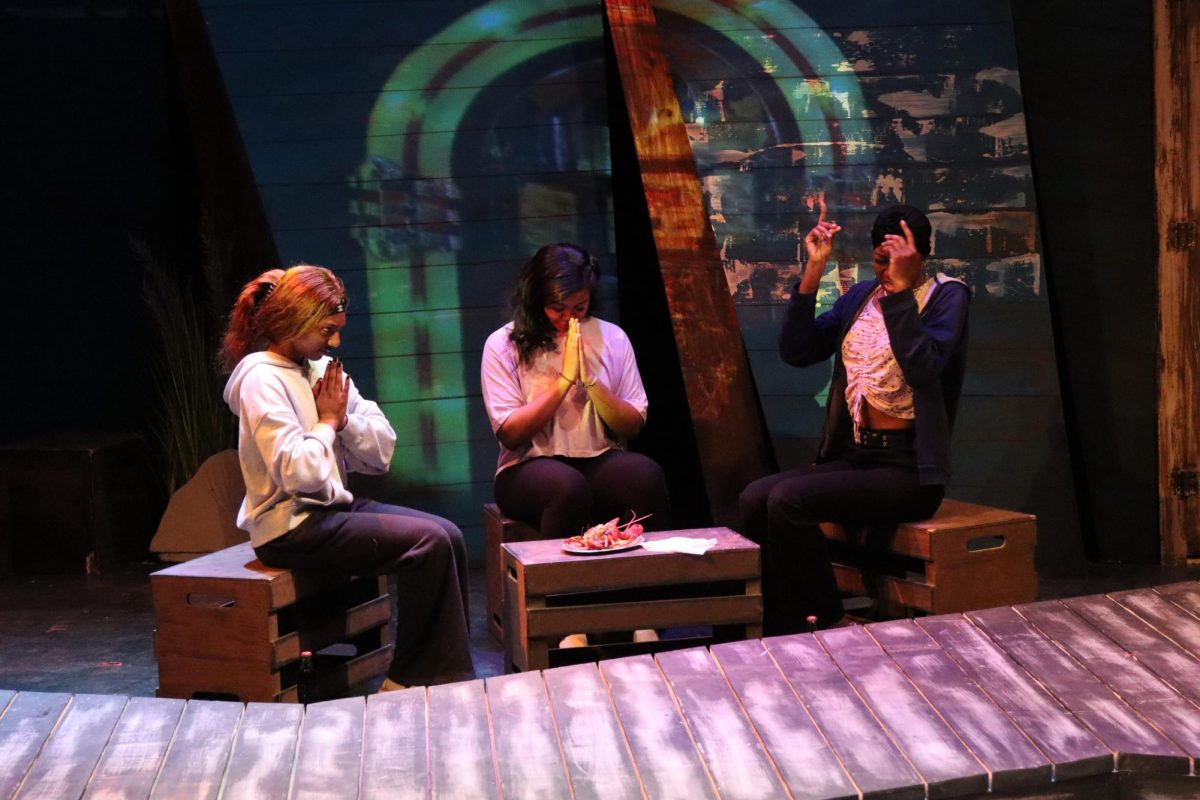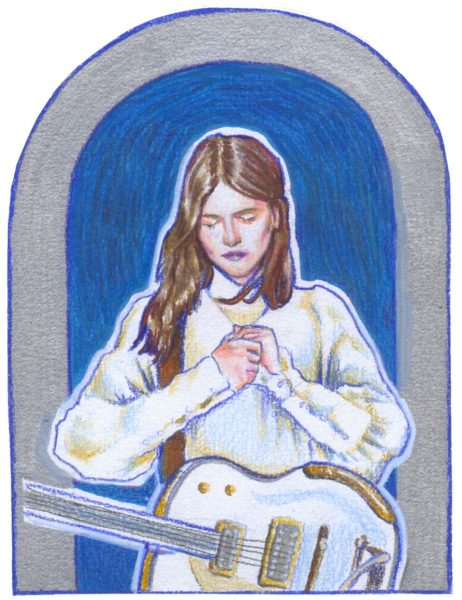Keeping Martin Luther King Jr.’s dream alive
Monday marked the official observance of Martin Luther King Jr. Day; a day where our nation pays tribute to a man who died while working to achieve equality for all and spent countless hours on the front lines of the Civil Rights Movement.
We’ve all heard of the name Martin Luther King Jr., but it is different when you walk in the room of the Lorraine Motel where he took his final breath on April 4, 1968.
I got the chance to visit the National Civil Rights Museum in Memphis, Tennessee several times. This is a place I believe every person should experience at least once in their lifetime. The history contained in that museum will leave you speechless, and it may take you more than a day to grasp all the history explained in the building.
I moved to Memphis in December of 2017 for a reporter job at a local ABC affiliate station in the city. I did not know much about Memphis before moving there; I only knew that it was the home of blues music, delicious barbeque and it was the place where. King was shot to death. While you will find those elements in the city, the spirit of Memphis is like no other city I have ever lived in.
Nestled a few blocks from the heart of downtown Memphis lies the National Civil Rights Museum. Part of the museum contains the actual motel room where King stayed the night he was tragically murdered.
What’s even more impactful is the room has been preserved to show the actual condition it was in back in 1968.
Nothing was changed, from the bedding to the actual cigarettes, King smoked while inside the room. It’s rumored that a few of the items have been replaced, but the employees of the museum say a lot of the items in there are originals from 1968.
King was in Memphis to show support and picket with sanitation workers who had recently gone on strike for unsafe working conditions and lack of pay. The strike was sparked by the deaths of workers Echol Cole and Robert Walker who were killed accidentally while working.
On Feb. 1, 1968, a rainy Thursday, Cole and Walker took shelter in the back of a garbage truck when it malfunctioned and mangled their bodies. King came to Memphis in April of 1968 to support the 1,300 strikers and pulled himself away from planning the Poor People’s Campaign. Days later, he lost his life on the balcony of the Lorraine Motel.
What was even more chilling is during one of my visits, I noticed my professor’s name on one of the exhibits as he was the only reporter staying at the hotel during King’s shooting and was the first to report it. He was working for the New York Times.
Reporting and anchoring in Memphis, serving as an evening anchor in Myrtle Beach, and pursuing my graduate degree in communication leadership prove that King’s death was not in vain. I am living out a dream of my own while becoming my ancestors’ wildest dreams.
Black people faced so much racism during the Civil Rights Movement and centuries before during slavery, so the fact I can present the news on television is a dream I have never taken for granted.
I thank King for his courage, his perseverance, and the work he has done before his tragic death. I hope he’s looking down on me, proud of keeping his dream relevant decades later.
